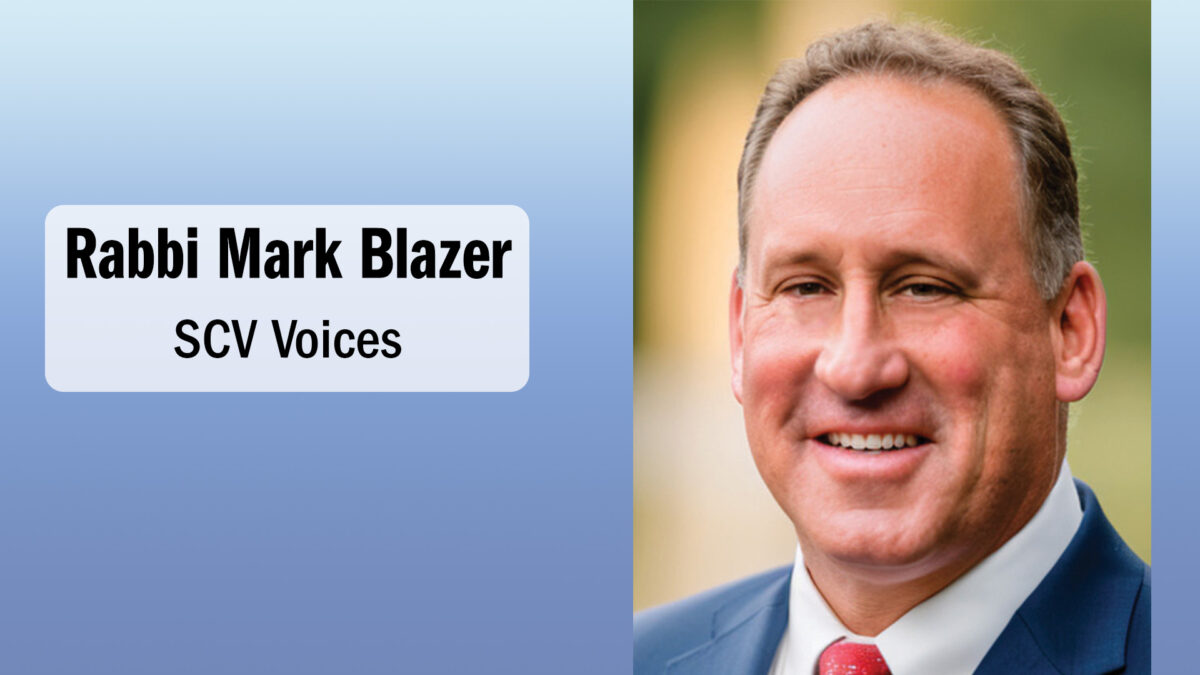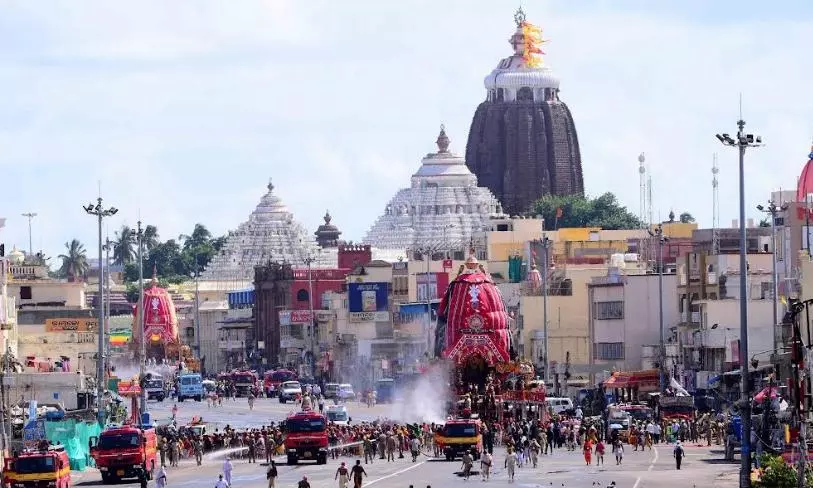
This week marks Rosh Hashanah, the Jewish New Year — a celebration of creation and humanity itself. But you don’t need to be Jewish to appreciate the timeless message it carries. At its core, Rosh Hashanah is about beginnings: new chances, new relationships, and a reminder of what it means to be fully human.
As creation is recounted in the second chapter of Genesis, an ancient truth is whispered: “Lo tov heyot ha-adam levado.” Translated simply, it says: “It is not good for the human to be alone.”
That short verse is more than just a reflection on Adam and Eve. It is a cornerstone of the human condition. From the very start, the biblical story insists that loneliness is not natural for us. We are meant for relationship — whether with God, with each other, or with the communities that hold us up when life gets difficult.
The verse doesn’t say, “It is inconvenient to be alone.” It says, “It is not good.” That’s stronger, and far more urgent. Connection is not optional; it is essential. Without others, we cannot grow. Without others, we cannot love. Without others, we cannot fulfill our potential.
The biblical text goes on to describe God’s solution: the creation of an “ezer k’negdo” — a phrase often translated as “a fitting counterpart” or “a helper in opposition.” It means more than a companion; it points to someone who both supports us and challenges us. A true relationship is not about comfort alone, but also about growth, even friction. Community, at its best, is built on people who encourage us and sometimes push us to be better.
Tragically, loneliness has become one of the great crises of our age. Sociologists now speak of a “loneliness epidemic.” Surveys show that more people than ever feel isolated, unseen, unsupported.
Technology connects us instantly to millions of people — and yet many feel more disconnected than ever. The sense of isolation only deepens in times of fear, conflict, or division. Communities singled out for hate or misunderstanding often experience this pain most sharply, feeling cut off from the larger society around them.
It is in these moments that the ancient truth becomes urgent: It is not good for the human to be alone.
So how do we live this wisdom in our time? As we come into a new year, or a new season, here are a few simple but transformative steps:
Show Up. Presence is powerful. Show up for friends, for neighbors, for community events. Your very presence says, “You are not alone.”
Speak Up. When you see hatred, apathy, or injustice, name it. Silence only deepens isolation. Speaking out gives others courage to stand beside you.
Hold On. Remember that each of us is part of a story bigger than ourselves. Others have faced division and hatred before us. Drawing strength from that truth helps us endure and hope.
Reach Out. Seek out the person who feels forgotten, who has drifted away, who hides in fear or despair. A simple gesture — an invitation, a phone call, a meal shared — can change a life.
These may sound small, but they cut to the heart of what makes us human. None of us can solve the world’s deepest divisions alone. But together, we can refuse to let anyone believe they must walk through them in isolation.
The words echo: “It is not good for the human to be alone.” That was true in the Garden of Eden, and it is just as true now. May we take it seriously. May we learn to be counterparts for one another — sources of strength, challenge, love, and belonging.
Most of all, may we carry this truth with us into the year ahead: None of us is ever truly alone.
Rabbi Mark Blazer is the rabbi of Temple Beth Ami in Santa Clarita.



